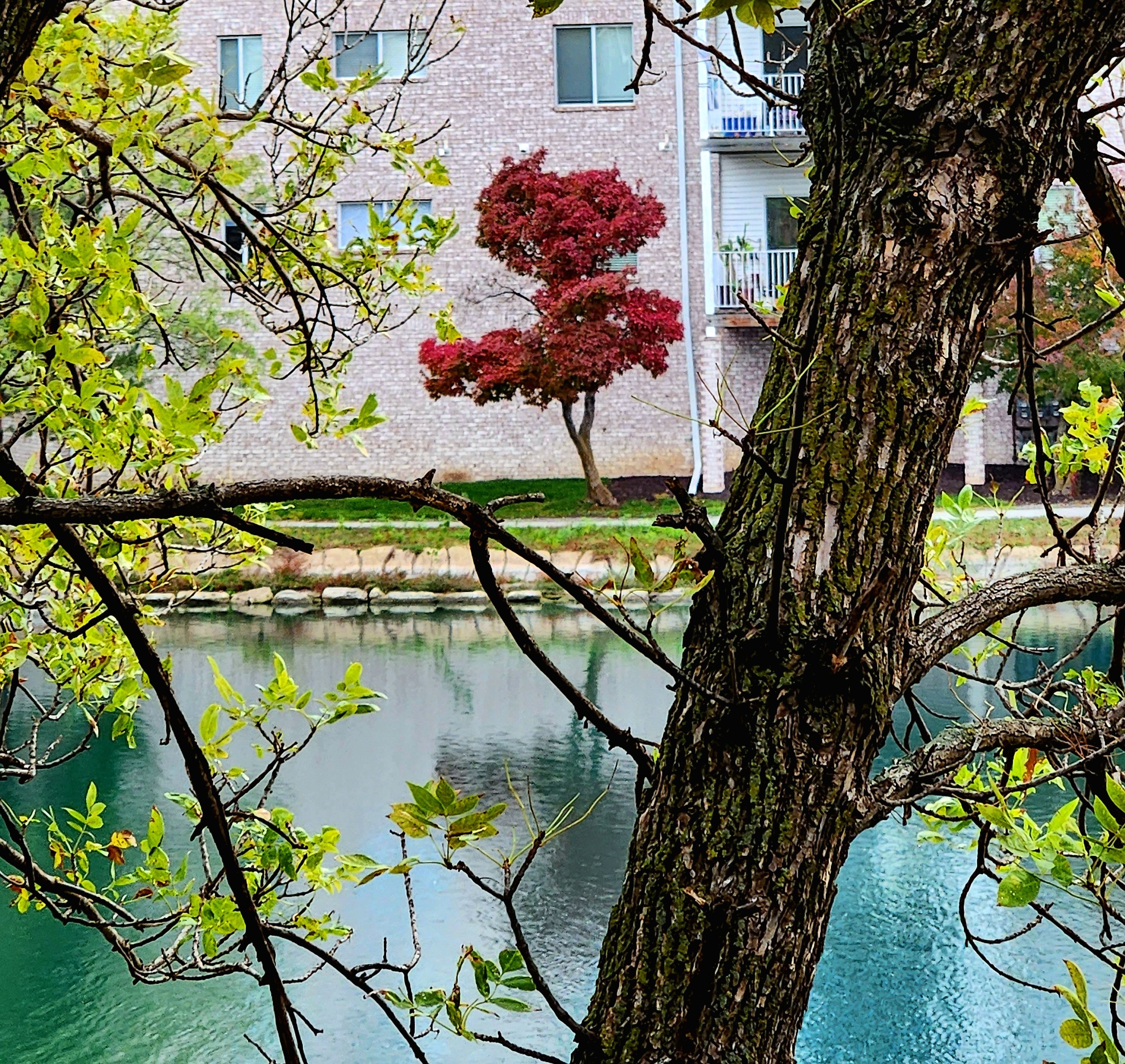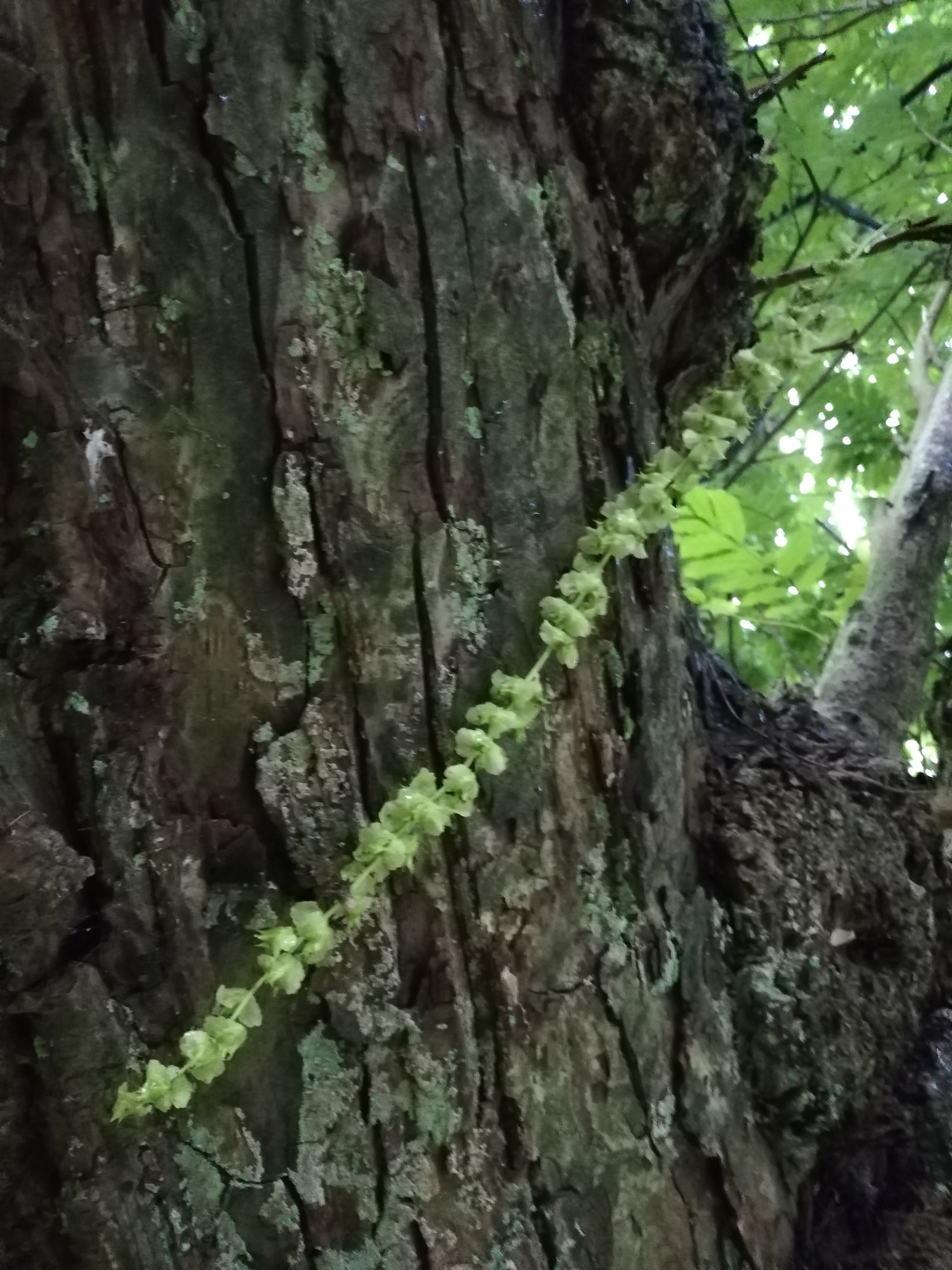Tree Huggers
615 readers
2 users here now
A community to discuss, appreciate, and advocate for trees and forests. Please follow the SLRPNK instance rules, found here.
founded 1 year ago
MODERATORS
101
19
‘The World Is Failing Forests’: Report Finds Leaders Way Off Track From Halting Deforestation by 2030
(lighthouse-eco.co.za)
102
103
104
105
106
107
108
109
110
111
112
113
114
115
116
28
Living near green spaces could add 2.5 years to your life, new research finds
(www.washingtonpost.com)
117
118
119
120
121
122
123
124
125





